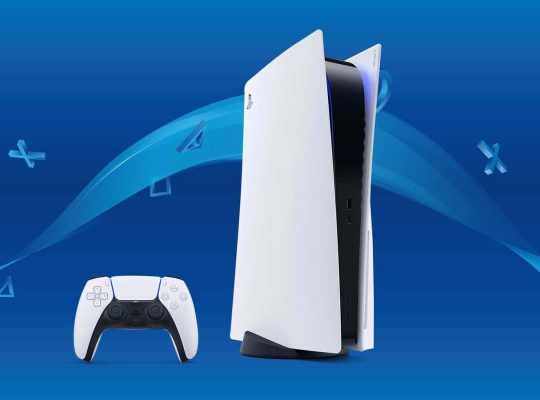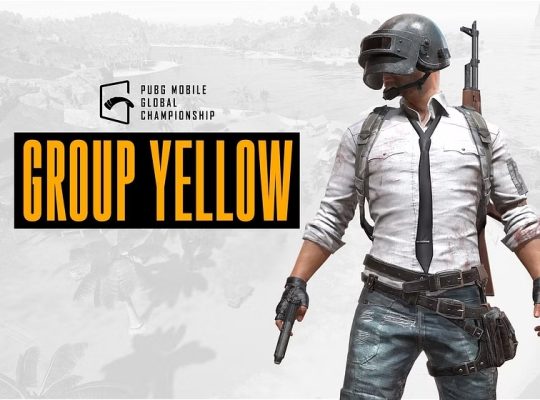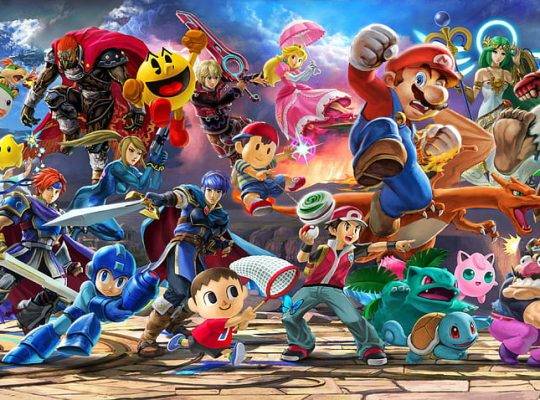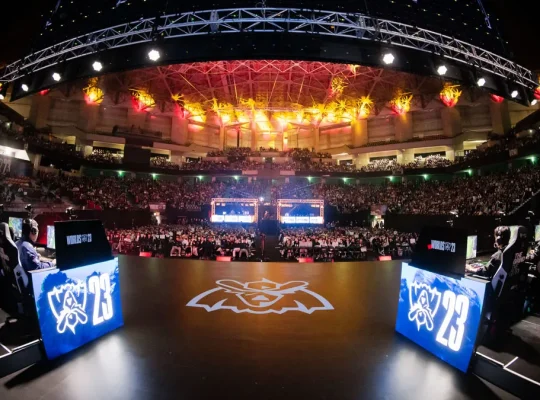In a surprising development within the gaming industry, Niantic, the company behind the phenomenally successful Pokémon Go, is reportedly considering selling its gaming unit for approximately $3.5 billion. This potential move marks a significant shift for the augmented reality (AR) pioneer that brought pocket monsters to our real-world streets.
Founded in 2010 and initially spawned from Google, Niantic shot to global prominence in 2016 with the release of Pokémon Go. The game became a cultural phenomenon, earning over $6 billion in revenue since its launch and revolutionizing location-based gaming. However, the company has struggled to replicate this success with subsequent titles like Harry Potter: Wizards Unite and Pikmin Bloom.
The reported $3.5 billion valuation reflects both the ongoing success of Pokémon Go and Niantic’s sophisticated AR technology platform. The company’s Real World Platform, which powers its games, represents valuable intellectual property in the emerging AR space.
Also Read
Upcoming Assassin’s Creed Shadows: A Comprehensive Preview
Kingdom Come: Deliverance II Review – A Leap into Medieval Turmoil
BGIS 2025: The Grind – Group Division and Details
What This Could Mean for Players
For Pokémon Go’s millions of active players, this potential sale raises natural concerns about the game’s future. However, it’s worth noting that such corporate transitions often maintain existing successful products, particularly ones generating substantial revenue. The Pokémon Company’s involvement and licensing agreements would likely ensure the game’s continuation regardless of ownership.
Why Consider Selling?
Several factors might be driving this decision:
- The challenging market for AR gaming beyond Pokémon Go
- Increased competition in the mobile gaming space
- A potential shift in focus toward AR technology development
- The broader tech industry’s economic adjustments
Looking Forward
Whether this sale materializes or not, it represents a crucial moment in mobile gaming history. Niantic’s influence on location-based gaming and AR technology has been substantial, and any transition would likely impact the future direction of these technologies.
For now, trainers can continue catching Pokémon as usual, while the industry watches closely to see how this potential deal unfolds. The outcome could reshape the landscape of mobile AR gaming and influence how we interact with digital experiences in the real world.
Industry observers will be keenly monitoring who might emerge as potential buyers, as the acquisition could provide a significant advantage in the growing AR and mobile gaming markets.











